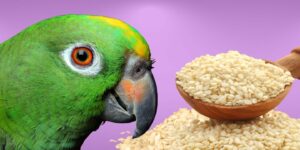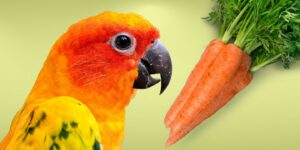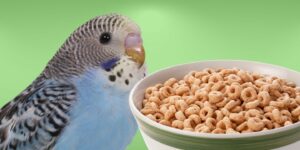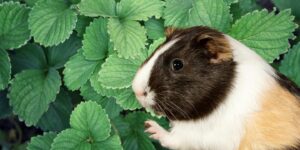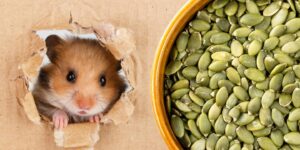The short answer is yes, guinea pigs can eat cardboard. However, it should only be given to them in small amounts and as an occasional treat, not as a regular part of their diet.
Introduction to Guinea Pig Diet
Essential Nutrients for Guinea Pigs
Guinea pigs require a balanced diet to remain healthy and thrive. Essential nutrients include vitamin C, fiber, protein, and an appropriate balance of carbohydrates and fats. A diet primarily consisting of hay, fresh vegetables, and pellets specifically formulated for guinea pigs is ideal.
Foods to Avoid for Guinea Pigs
Certain foods should be avoided as they can be harmful to guinea pigs, including:
- Chocolates and sweets
- High-fat or high-sugar fruits and vegetables
- Dairy products
- Foods containing salt
Importance of a Balanced Diet
A balanced diet ensures that a guinea pig receives all the necessary nutrients for optimal health, including maintaining a strong immune system, healthy skin and fur, and proper growth and development.
Understanding Cardboard Composition
Types of Cardboard
Various types of cardboard exist, including corrugated, paperboard, and chipboard. The composition of each cardboard type varies depending on the manufacturing process.
Potential Chemicals and Additives in Cardboard
Some cardboards contain chemicals or additives that can be harmful to guinea pigs, such as:
- Adhesives and glues
- Dyes and inks
- Laminates or coatings
Safe and Unsafe Cardboard for Guinea Pigs
Only safe, chemical-free cardboard should be given to guinea pigs. Untreated, plain brown cardboard without any printing or coatings is typically the safest option.
Nutritional Value of Cardboard for Guinea Pigs
Cellulose and Fiber Content
Cardboard is mostly composed of cellulose, a type of fiber that is not easily digestible by guinea pigs. The high fiber content can lead to gastrointestinal issues if consumed in large amounts.
Lack of Essential Nutrients in Cardboard
Cardboard does not provide any essential nutrients, such as vitamins, minerals, or proteins, that guinea pigs require for optimal health.
Cardboard as a Treat, Not a Staple
Due to its lack of nutritional value, cardboard should only be an occasional treat and not a regular part of a guinea pig's diet.
Benefits of Cardboard for Guinea Pigs
Dental Health and Teeth Trimming
Chewing on cardboard can help wear down guinea pigs' constantly growing teeth, preventing overgrowth and dental issues.
Mental Stimulation and Enrichment
Cardboard can provide mental stimulation and enrichment, as it encourages natural chewing and foraging behaviors.
Chew Toy Alternatives
Many chew toys specifically designed for guinea pigs are available on the market, providing a safe and enriching alternative to cardboard.
Risks of Feeding Cardboard to Guinea Pigs
Gastrointestinal Issues
Consuming too much cardboard can lead to gastrointestinal issues, such as:
Bloating
Increased gas production can cause discomfort and bloating in guinea pigs.
Constipation
Excessive fiber intake can result in constipation, leading to discomfort and potential health issues.
Chemicals and Toxins in Cardboard
Ingesting cardboard containing harmful chemicals or toxins may cause adverse health effects in guinea pigs.
Choking Hazards
Small pieces of cardboard may pose choking risks, especially if the guinea pig is overzealous in their chewing.
Tips for Safely Feeding Cardboard to Guinea Pigs
Choosing the Right Cardboard
Opt for untreated, plain brown cardboard without any printing or coatings to ensure it is safe for guinea pigs.
Limiting Cardboard Consumption
Offer cardboard only as an occasional treat and not as a significant part of your guinea pig's diet.
Supervision and Monitoring
Monitor your guinea pig while they chew on cardboard to ensure they do not consume excessive amounts or encounter any choking hazards.
Conclusion
While guinea pigs can eat cardboard, it should only be given to them in small amounts as an occasional treat. Monitoring the amount of cardboard and ensuring its quality are vital to protect your guinea pig's health and well-being. Providing alternative chew toys and maintaining a balanced diet are crucial for keeping your guinea pig happy and healthy.



